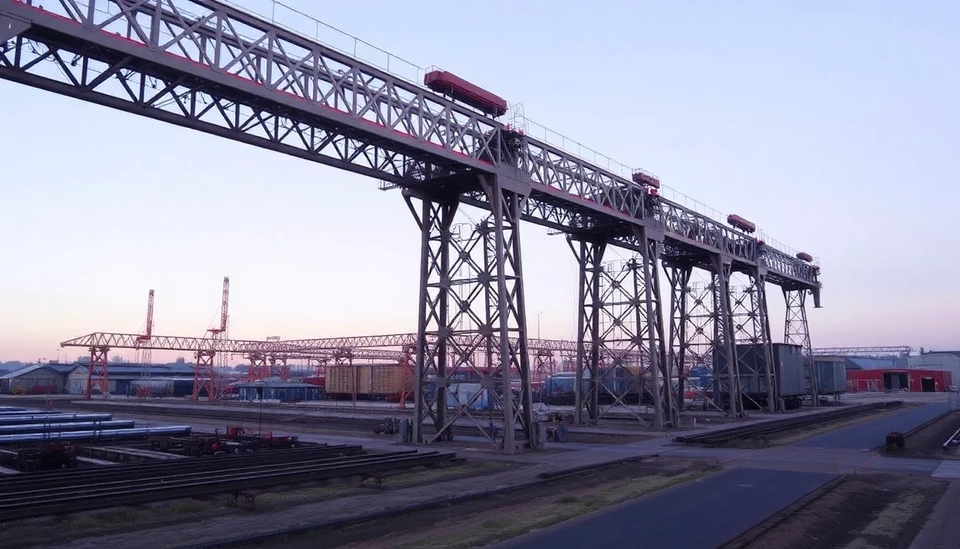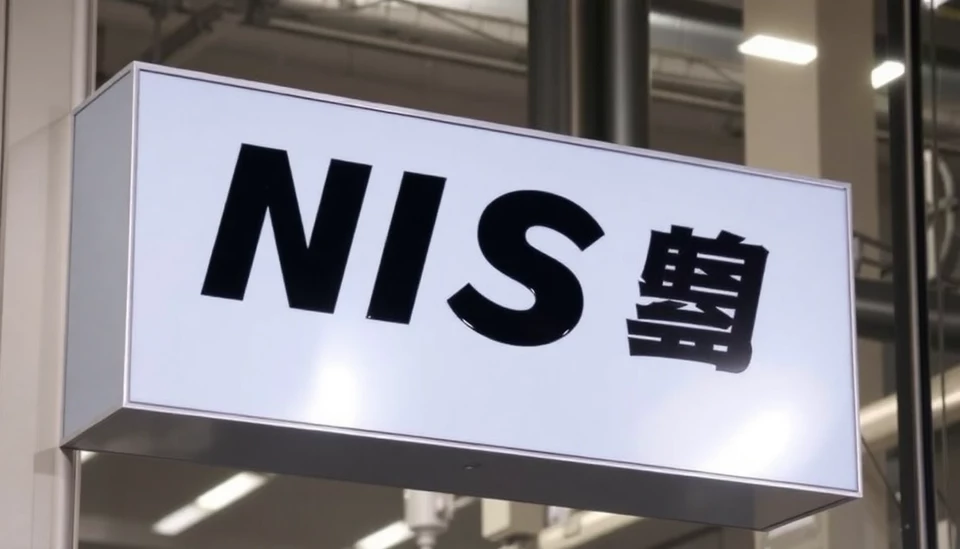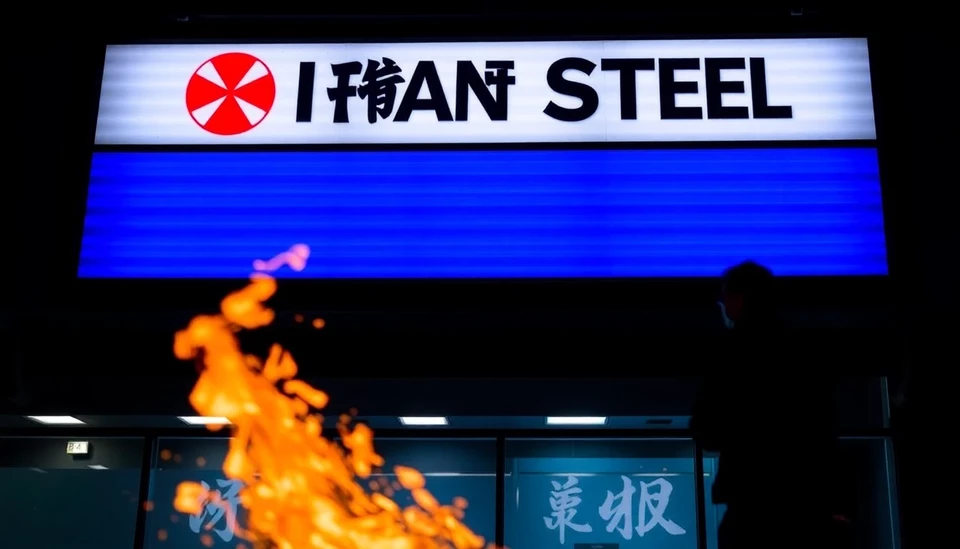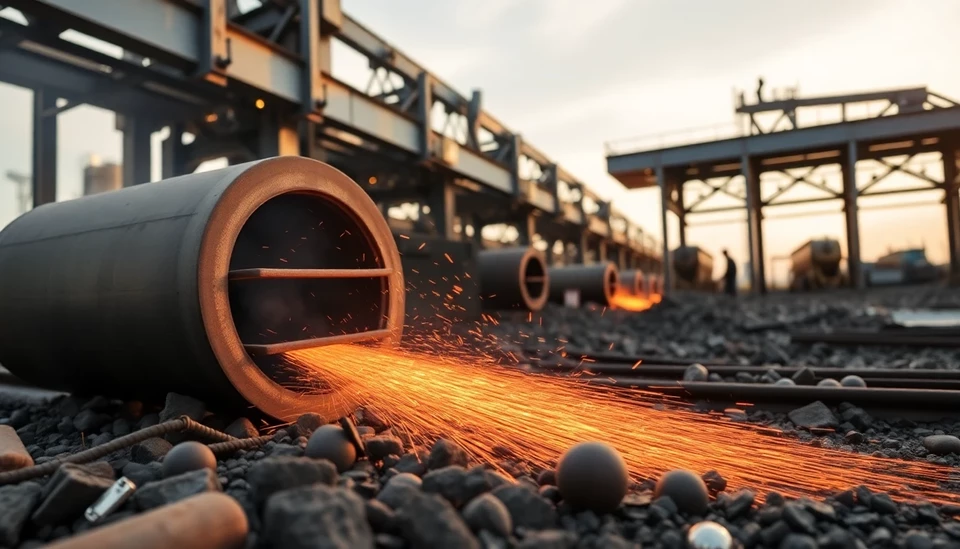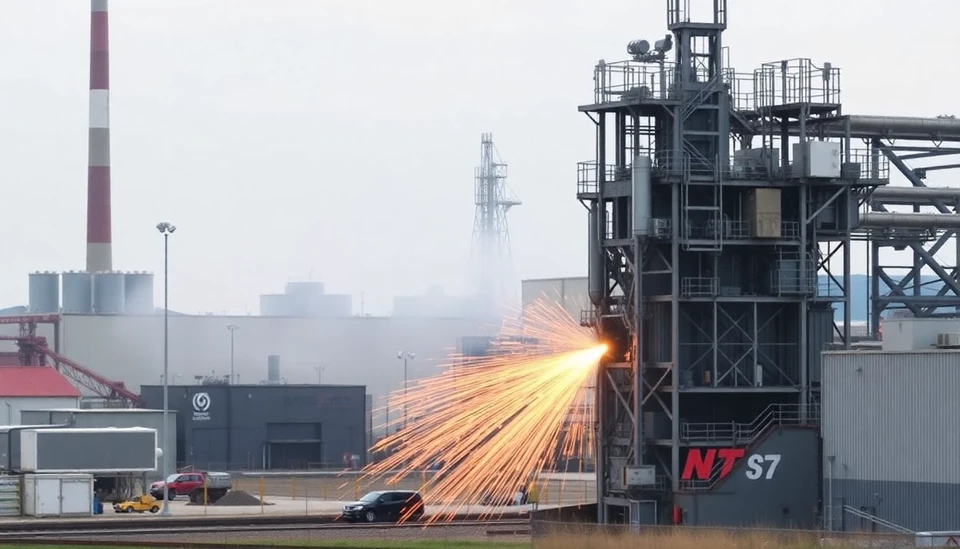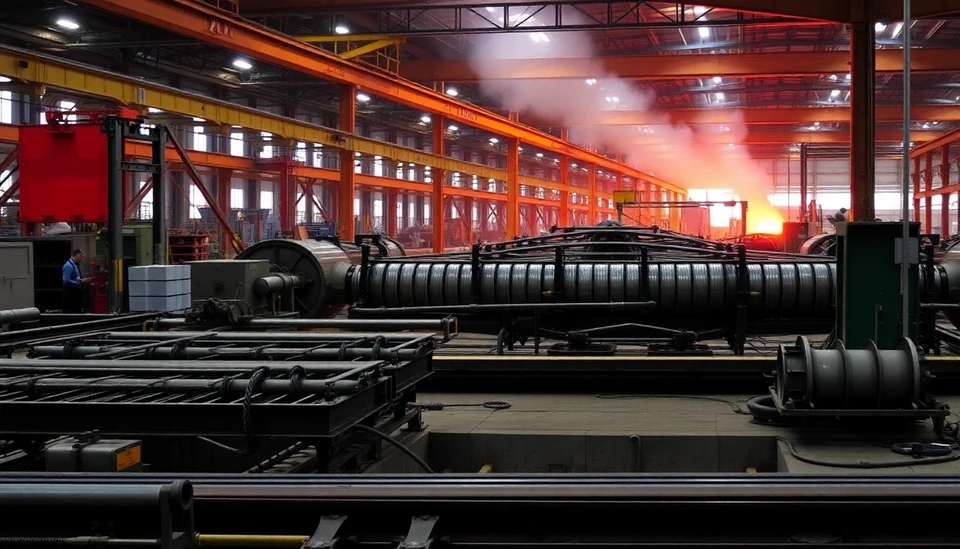
In a significant development for the steel industry, Nippon Steel Corporation's recent attempt to acquire a stake in a South Korean steelmaker has ended in failure, setting the stage for a much tougher competitive landscape with Chinese mills. This move reflects not just Nippon Steel's ambitions but also the growing dominance of Chinese steel production on the global stage.
The acquisition was seen as a strategic effort by Nippon Steel to bolster its market position as it faced increasing pressure from the Chinese steel sector, which has been aggressively growing its production and market share. Analysts have pointed out that the failure of this bid could inhibit Nippon Steel's ability to compete with the larger volumes and lower prices that Chinese manufacturers offer.
Nippon Steel's attempt was targeted at a major player in the South Korean market, indicating the company's aim to not only enhance its production capabilities but also to secure a foothold in the crucial Asian market. However, various regulatory hurdles, alongside the historical tensions between Japan and South Korea, led to the deal's eventual collapse.
This procurement failure has sparked a wave of speculation regarding Nippon Steel's future strategies. Industry experts suggest that the company may now be obliged to pursue alternative partnerships or technology collaborations to remain competitive against the onslaught of Chinese steelmakers, who have revolutionized production techniques and reduced costs significantly through economies of scale.
Furthermore, the broader implications of this situation extend beyond Nippon Steel as it reflects the volatility of the global steel market. As Chinese mills continue to push boundaries in production efficiencies, there could be repercussions for other steel manufacturers around the world, particularly those in Europe and the U.S., which may also feel the strain of China's significant market power.
Looking ahead, Nippon Steel will need to strategize effectively to reclaim competitive ground. Some analysts suggest that strengthening internal capabilities, investing in sustainable practices, and innovating product lines could be viable paths forward. Additionally, it could consider diversifying its supply chains to mitigate risks associated with over-dependence on potential partners in politically sensitive regions.
In conclusion, Nippon Steel's thwarted traditional expansion efforts highlight the challenges ahead in a smartphone-driven, price-sensitive steel industry landscape, where competition is fiercer than ever. As the drama unfolds, all eyes will be on how Nippon Steel navigates these turbulent waters while engaging in the greater battle against Chinese competitors for the steel crown.
With global market dynamics continually shifting, it remains to be seen how companies like Nippon Steel will adapt and respond to both internal challenges and external pressures stemming from the burgeoning Chinese steel industry.
#NipponSteel #SteelIndustry #ChineseMarkets #GlobalCompetition #ManufacturingTrends #InvestmentStrategies #AsianEconomy
Author: John Harris
